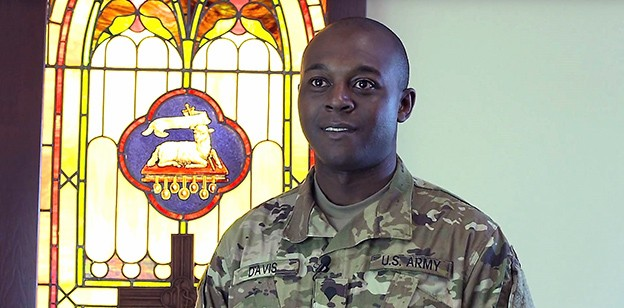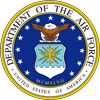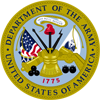Religious Affairs Specialist - 56M

- Active/Reserve:Both
- Officer/Enlisted:Enlisted
- Restrictions:None
Overview
Religious Affairs Specialists provide much-needed support to the chaplains during missions and everyday activities. A Religious Affairs Specialist's primary purpose is support for the unit ministry team programs and worship services.
Job Duties
Requirements
Training
Job training for a Religious Affairs Specialist position requires 10 weeks of Basic Combat Training where you'll learn basic Soldiering skills and seven weeks of Advanced Individual Training.Some of the skills you'll learn are:
Helpful Skills
ASVAB
The Armed Services Vocational Aptitude Battery (ASVAB) is an examination that is administered by the United States Military Entrance Processing Command. It is used to determine qualification and helps predict future academic and occupational success in the military.
Compensation
See the whole list of Army Occupational Specialties here To learn more about the Army's rank structure, see our complete list of Army ranks. To see a list of military medals and decorations that can be earned by servicemembers in the Army and other branches of the military, see our list of military decorations and medals.







































































































































